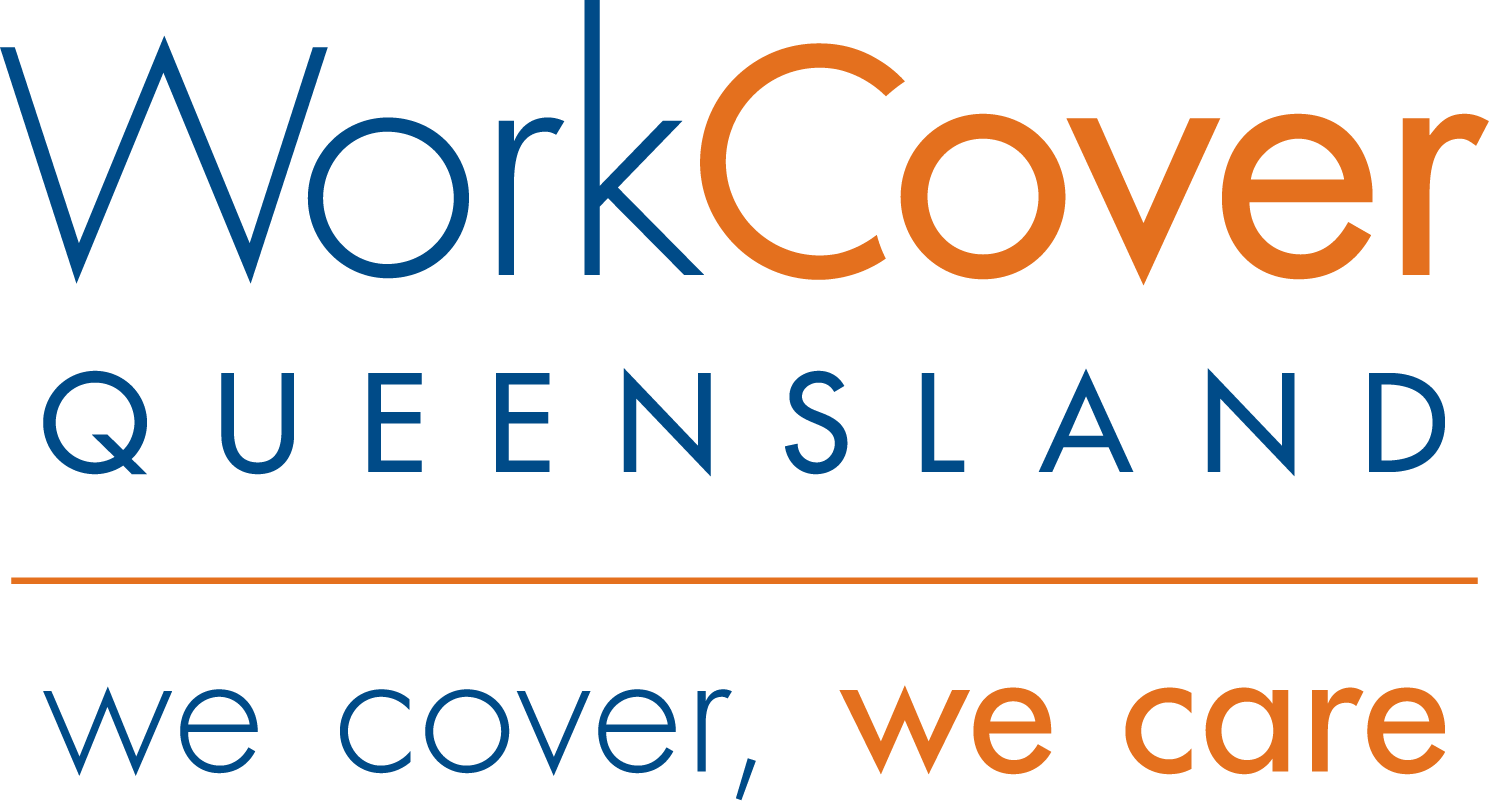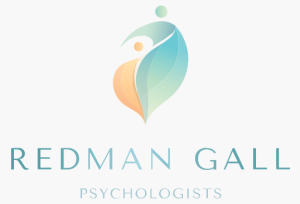Post Traumatic Stress & PTSD
Most people will experience one or more traumatic stressors during the course of their lives. Such events include exposure to serious injury, actual or threatened death or sexual violence. Despite this, relatively few people develop Post-Traumatic Stress Disorder (PTSD).
Potentially Traumatic Events are events that have the potential to traumatise us. These events impact us differently to other stressful life events. During a potentially traumatic event people often experience a strong flight or fight reaction. Many people exposed to such events will experience some symptoms in an immediate reaction to the event, which then dissipate in the days and weeks that follow.
Some people might be exposed to a one off event, such as a natural disaster or car accident. Others, such as those experiencing domestic violence or sexual abuse, may be repeatedly traumatised.
When symptoms continue some weeks after an event, the risk increases that the individual is experiencing a post-traumatic mental health problem. Early intervention can help prevent the development of chronic symptoms.
People can experience a variety of different mental health conditions include Post-Traumatic Stress Disorder (PTSD), adjustment disorder, depression or anxiety.
Many of the clients Kelly sees have been experiencing PTSD for years before seeking help. Luckily, effective treatments help people to gain relief from their symptoms.
Signs & Symptoms of PTSD
People with PTSD experience a range of distressing symptoms following their exposure to one or more highly stressful or threatening events. The PTSD diagnosis has been expanded to include people such as such as first responders, clean up crews and counsellors whose exposure to a critical incident is secondary, i.e. where they were not the ‘victim’ or direct witnesses of the event.
The symptoms of PTSD are clustered into four main categories:
- ‘re-experiencing’ symptoms;
- ‘avoidance’ symptoms;
- ‘arousal’ symptoms (physiological symptoms); and
- negative changes in thinking and mood associated with the event.
More specifically, signs and symptoms of PTSD include:
- Repeated distressing memories;
- Upsetting dreams or nightmares relating to the event;
- Having flashbacks, feeling disconnected or like things are surreal;
– Experiencing Flight/Fight reactions or distress in response to trauma related triggers;
- Trying to avoid memories, thoughts or feelings about the event;
– Trying to avoid reminders (situations, places, objects etc) that are related to the event;
– Having problems remembering important aspects of an event;
- Experiencing negative changes in beliefs about the future;
- Holding negative beliefs about their own role in an event (eg blame);
- Exaggerated negative beliefs about the self, the world or other eg ‘everyone is a threat’, ‘I’m never safe’, ‘I am bad’;
- Withdrawing from life activities;
- Withdrawing from relationships with others (feeling detached or estranged);
- Difficulties feeling positive emotions:
- Experiencing persistent negative emotions (fear, horror, anger, guilt or shame);
– Being irritable, angry or aggressive;
– Being reckless or self-destructive;
– Having significant difficulties concentrating;
– Being overly alert or on-guard or easily startled;
– Disturbed sleep.
People with PTSD also often suffer from other mental health conditions, such as depression or anxiety.
Treatment for PTSD
Evidence-based treatments for PTSD include Trauma-Focused CBT (including cognitive processing therapy or CPT), Prolonged Exposure and EMDR. Kelly provides Trauma-Focused CBT, CPT and Prolonged Exposure. For more information on these therapies please contact Kelly via the contact page.
Are you ready to see a Psychologist?
If you are ready to book your first session with Kelly then hit her booking link at the top of the page to find some appointments that suit you. If you need more information please send Kelly an inquiry via our contact page.



